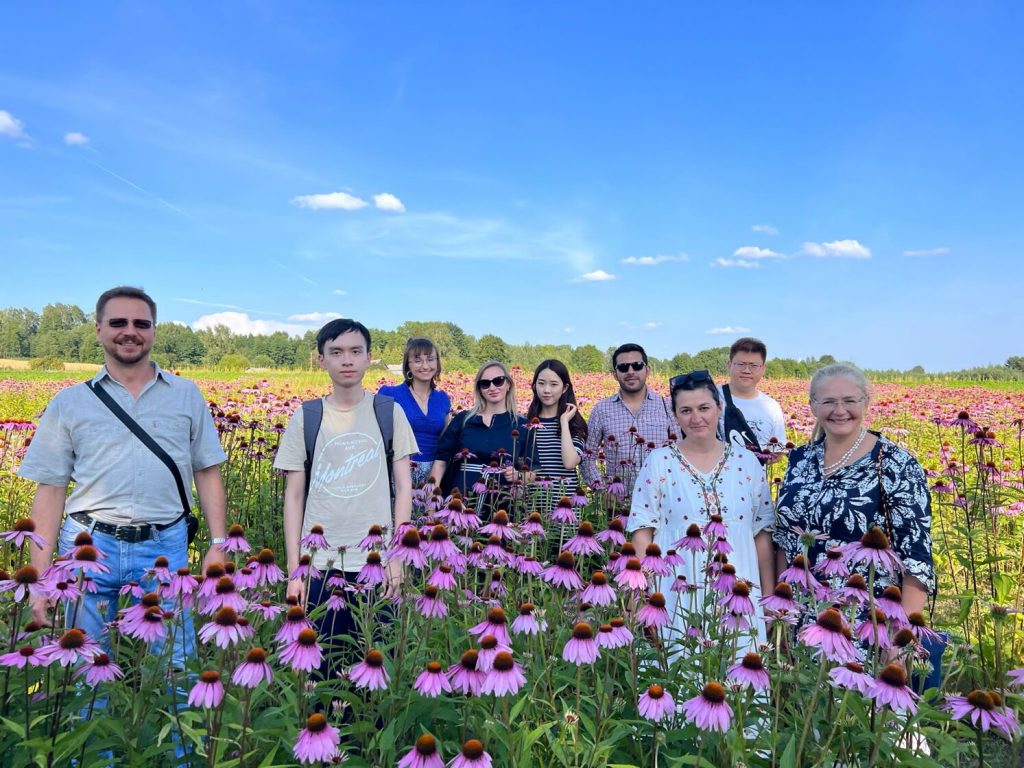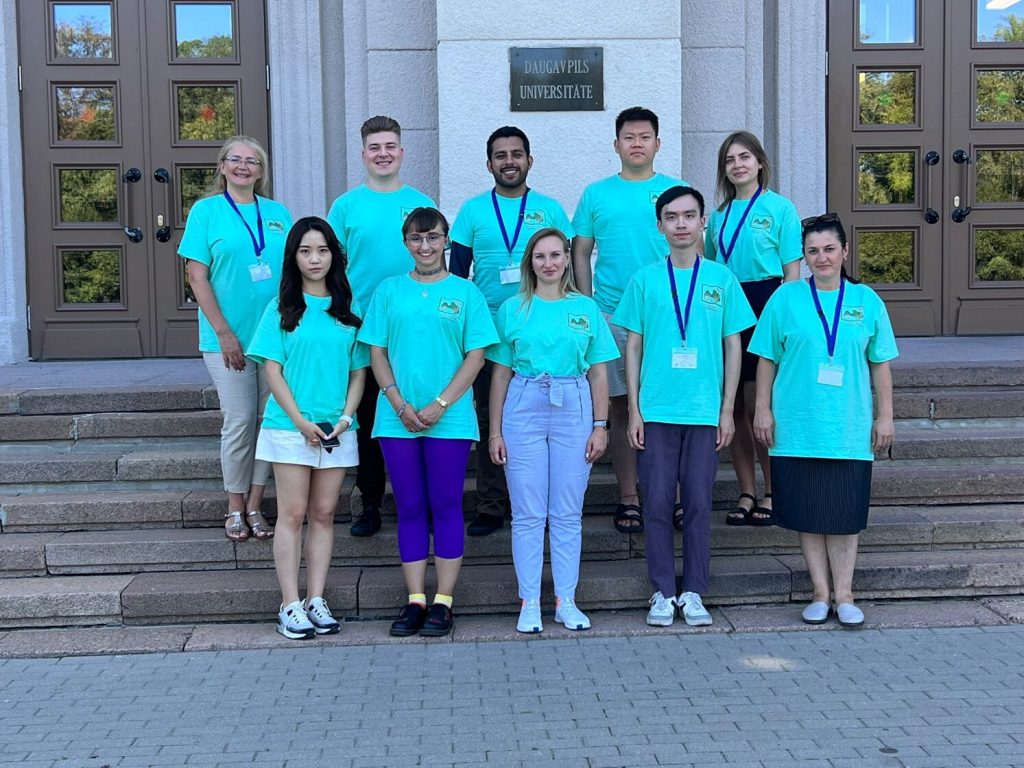We are happy to welcome you to
the Latvian Language and Culture Summer School 2023
LATVIA’S CULTURAL CANON
Latvian Language and Culture Summer School “Latvia’s Cultural Canon” comprises two parts: Latvian language learning and Latvia’s Cultural Canon studies.
Organizers of the Summer School: Centre for Latvian Studies of Daugavpils University, which based on the competition has acquired the right to organize this school for the seventh year and is an experienced summer school implementer with a creative, professional and responsive team.
The languages of instruction: Latvian and English. All students will be provided with learning materials.
Certification: Students completing the course will be issued a certificate of attendance (6 ECTS).
Programme and detailed information is available at Summer School platform: http://summerschool.mozello.lv.
Dates: July 7–17, 2023.
Place: Daugavpils University, Vienibas Street 13, Daugavpils
Participants: Bachelor’s, Master’s, Doctoral students, academic and research staff of foreign higher education institutions.
Application deadline for Latvian government scholarship holders: April 1, 2023.
Application procedure:
Please fill in the online application form (https://summerschool.mozello.lv/2023/apply/), add curriculum vitae and motivation letter where the reasons for choice of this Summer School and its programme are indicated (2000 – 3000 characters with spaces).
Evaluation:
Selection of candidates will be made by the organizers of the Summer school from Daugavpils University depending on motivation letters, in which the organizers will pay special attention to the reasons why the applicants have been attracted to the programme of our Summer School.
The final decision on granting scholarships will be made by the evaluation committee of the State Education Development Agency Republic of Latvia. Daugavpils University will inform all applicants on the results.
Scholarships will be granted to 10 students after having evaluated the application forms, motivation letters and curriculum vitae.
Students from the following countries only are eligible to apply: Austria, Azerbaijan, Belgium (Federation Wallonia – Brussels), Bulgaria, Croatia, Cyprus, Czech Republic, Denmark, Egypt, Estonia, Finland, France, Georgia, Germany, Greece, Hungary, Iceland, Indonesia, Israel, Italy, Japan, Kazakhstan, Kyrgyzstan, Lithuania, Mexico, Moldova, Mongolia, Norway, Peru, Poland, Slovakia, South Korea, Spain, Sweden, Switzerland, Tajikistan, The People’s Republic of China, The United States of America, Turkey, Turkmenistan, Ukraine, Uzbekistan, Vietnam.
Costs: Scholarship covers accommodation, catering, lectures, workshops, field studies, study tours, and all cultural activities. Scholarship does not cover travel, visa and insurance costs (participants have to cover travel expenses from the country of origin to the Summer School location themselves).
The main aim and objectives:
This Summer School aims to raise awareness of the concept of cultural canon, its adaptation to the evaluation and classification of cultural phenomena. It focuses on Latvia’s cultural canon as a tool for institutionalising cultural values. The programme offers integrated learning of Latvian cultural canon values and Latvian language skills at A1 level.
Contacts:
Prof. Maija Burima
Phone: +371 29789096, +371 22446509
E-mail: summerschool@du.lv
Summer school’s platform: http://summerschool.mozello.lv/
This project has been funded with support from State Education Development Agency of the Republic of Latvia



